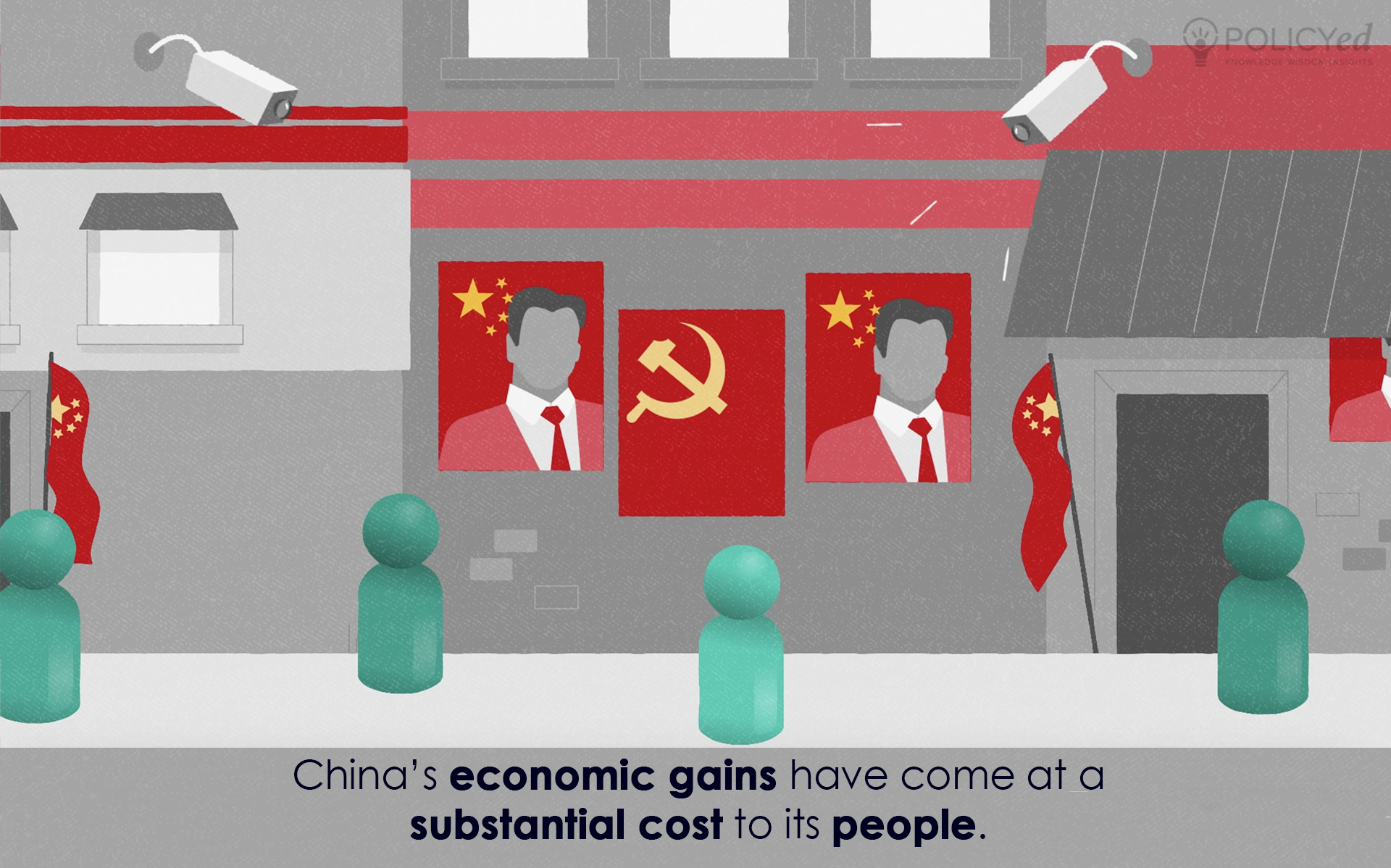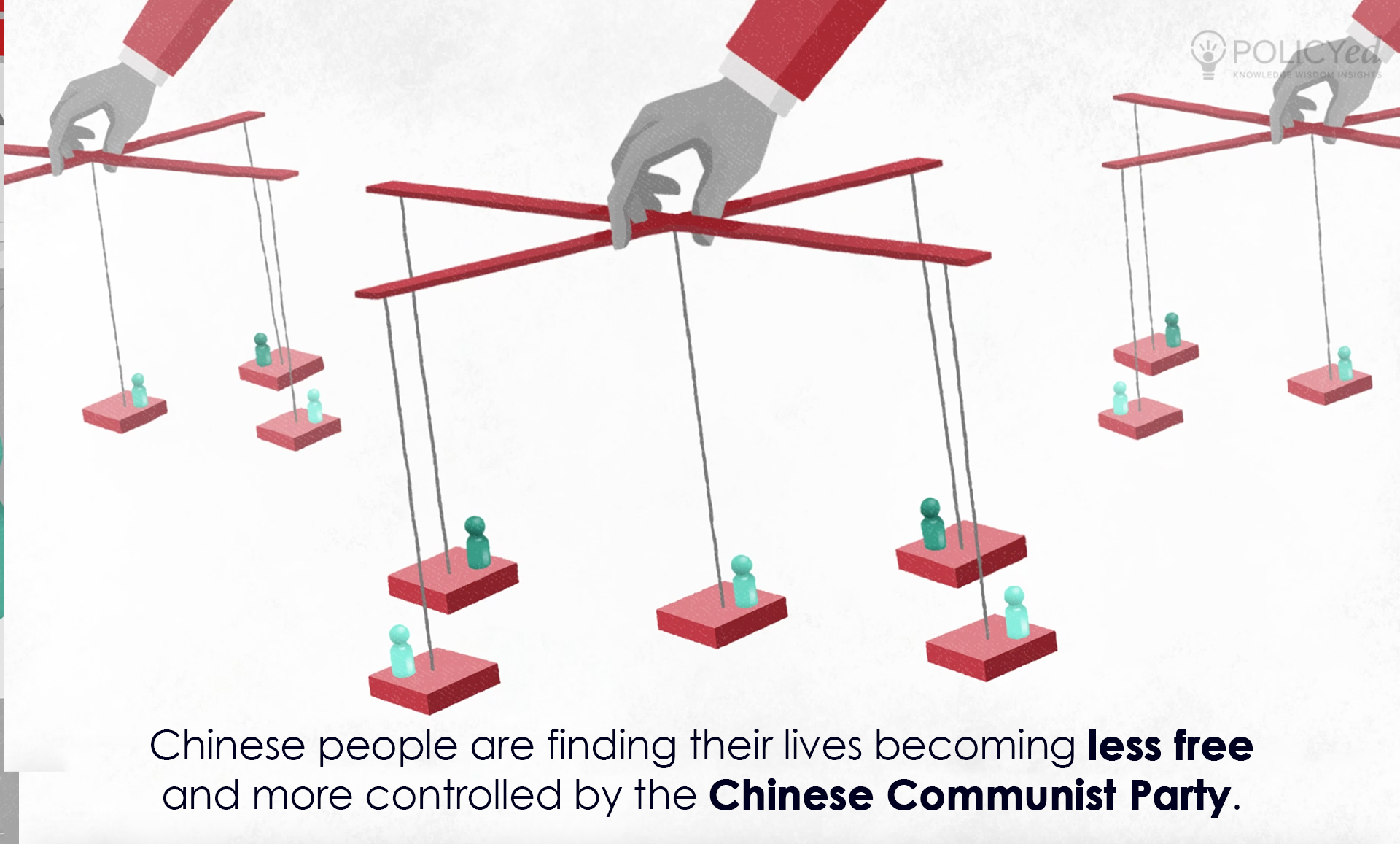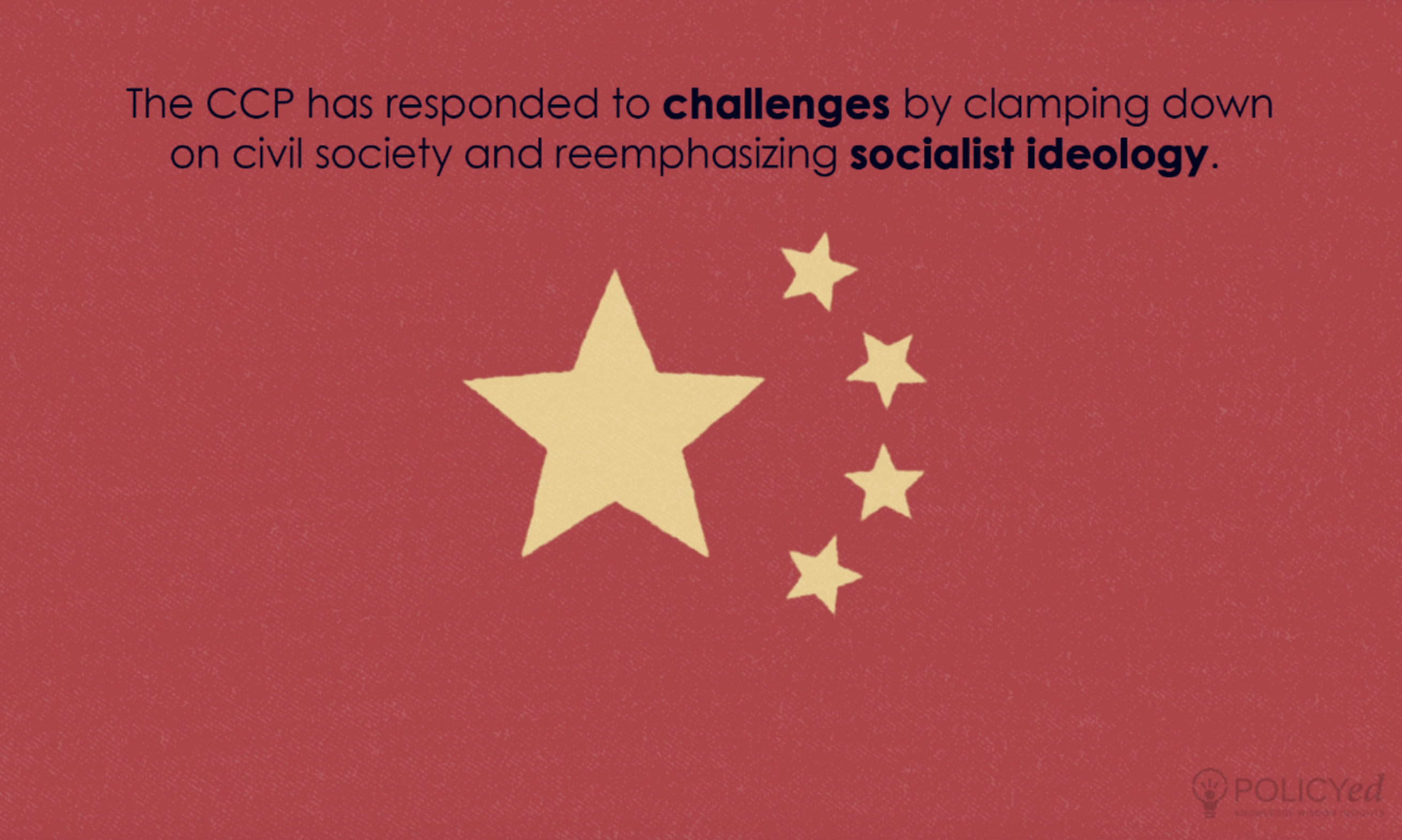Key Facts
Who Has Control?
The poverty of life under authoritarian rule is evident as Chinese society turns inward on the orders of Xi Jinping and the Chinese Communist Party. Already facing a macroeconomic slowdown, the Chinese people are finding their lives becoming less free and more controlled by the party.
An Inadequate Response
The elite in China increasingly hold foreign passports, own property abroad, and are sending more of their money out of the country, suggesting that they doubt the sustainability and stability of the Chinese economic system. The CCP is well aware of these looming challenges. They have responded with harsh policies that have reemphasized socialist ideology and clamped down on civil society. And tragically, their efforts have succeeded in destroying Hong Kong’s democracy and threatening Taiwan.
A Beacon of Hope
Few countries are rushing to embrace the type of socialist authoritarianism offered by the Chinese government. Despite its recent economic success, the People’s Republic of China is not looked on as a role model by its neighbors. Instead, these nations continue to look to democracy and markets as the institutions that deliver widespread prosperity and stability.




